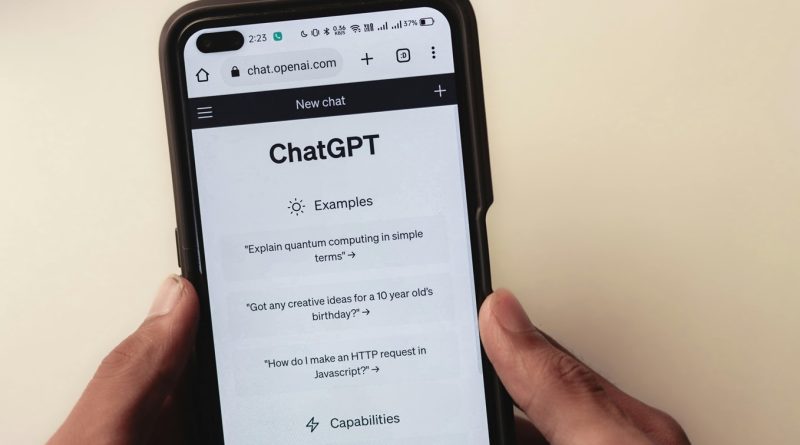Why AI in Search Isn’t Living Up to the Hype (Yet)
When OpenAI added browsing to ChatGPT, and Google started rolling out AI Overviews, the internet buzzed with excitement. Headlines hailed the “end of traditional search,” promising smarter answers, faster research, and the dawn of conversational web browsing. It felt like the biggest leap in search since the rise of Google itself.
And yet, here we are in mid-2025—and AI search still feels… underwhelming. Not broken, but not transformative either. The hype machine is still in overdrive, but the product experience hasn’t caught up. So what happened?
The Promise: Conversational, Curated, and Context-Aware
The vision was seductive: Ask a question—any question—and receive a well-rounded, expertly summarized answer that combines sources, eliminates spam, and saves you hours of reading. No more clicking through ten SEO-stuffed articles. Just pure, filtered intelligence.
Big players lined up to deliver:
- Google Gemini with AI Overviews and Search Generative Experience (SGE)
- Microsoft Copilot integrating Bing into your browser and desktop
- Perplexity AI, praised for source transparency and academic-style citations
- ChatGPT with web browsing, offering real-time information in a chat-like interface
The dream? A Google killer. The reality? A buggy beta with a beautiful wrapper.
The Reality: Inaccurate, Unclear, and Unready
The problem isn’t that these tools don’t work. It’s that they often work just enough to feel futuristic—but not enough to be trustworthy. You still find:
- Hallucinations: Gemini and ChatGPT sometimes fabricate data, statistics, or even sources, especially when answering niche or controversial queries.
- Overconfident errors: AI search results present wrong answers as facts—without indicating doubt or probability.
- Source obfuscation: Except for Perplexity, many AI answers hide or generalize sources. You’re left wondering where the information actually came from.
- Circular content: In many cases, the AI is trained on AI-generated content, creating a closed loop of shallow summaries.
- Walled gardens: ChatGPT’s answers often skip over paywalled or high-quality journalism—unless you’re a premium user with plugins or tools.
As a user, this creates a strange paradox: AI search feels “smart,” but you find yourself double-checking everything anyway—often going back to traditional search engines just to be sure.
What’s Still Broken?
Beyond the hype, AI search engines are struggling with four fundamental problems:
- Trust and Verifiability
The lack of clickable citations or links in many AI-generated answers makes it hard to verify claims. Users have no way to trace information to its root source unless they ask follow-up prompts—and even then, the trail often ends abruptly. - Interface Confusion
Google’s AI Overviews sometimes bury links below fold-level content. Bing Copilot can feel cluttered. Even Perplexity, which is more streamlined, risks overwhelming casual users with too many dropdowns and citation formats. - Context Sensitivity
AI struggles with layered questions. A query like “What’s the safest electric car under $40k in 2025, with low repair costs?” often returns generic lists instead of context-specific answers. - Content Quality
With much of the web flooded by AI-written junk, language models increasingly summarize content written by other models, degrading the overall signal-to-noise ratio.
The Bright Spots: Where AI Search Shows Promise
Despite these flaws, we’re not in the dark ages. Some advances are genuinely helpful:
- Perplexity AI’s citations and footnotes provide academic-level transparency.
- ChatGPT’s personalized browsing is getting sharper, especially in GPT-4o’s real-time mode with voice and image inputs.
- Gemini’s integration with Gmail and Docs creates a productivity edge that traditional search can’t touch.
- Contextual memory and cross-tab awareness are improving user flows for repeated queries or deep research tasks.
But these are islands of brilliance, not a consistent experience.
What Needs to Change: My Take
If AI search is going to live up to the hype, it needs to fix three key areas:
- Transparent Sourcing
Every claim made by an AI search engine should be accompanied by direct links or named sources—no exceptions. Let users see the raw material. - Personalization with Control
Users should be able to define tone (academic vs. casual), depth (summary vs. deep-dive), and risk tolerance (unverified vs. trusted source only). Custom sliders could solve a lot. - Better Human Feedback Loops
Right now, it’s hard to correct AI when it gets something wrong. Imagine if every AI search engine came with a “Disagree?” button that instantly opened crowdsourced reviews or flagged the issue to model trainers.
These changes won’t come overnight—but they’re essential if AI search is to become the default tool for information gathering.
So, Is AI Search Really the Game-Changer We Hoped For?
AI in search feels like an almost moment: almost groundbreaking, almost reliable, almost useful. But “almost” isn’t good enough when the stakes are trust, truth, and time.
Right now, AI search is a beta product dressed up as a revolution. Until transparency improves, hallucinations are controlled, and interfaces are reimagined for humans—not just machines—the hype will continue to outrun the reality.


